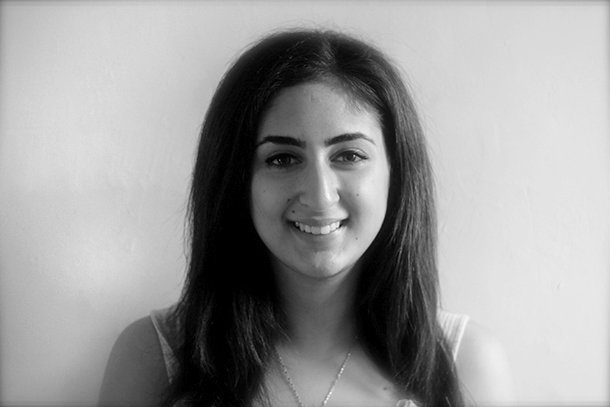
The United States is famous for overdoing things. Bigger, faster, more — it’s our motto for many things, from food to cars and now, medicine. Children in the United States are being treated with prescription medication for various conditions at an alarming rate; a 2009 report conducted by IMS Health showed that 25 percent of children, 18.5 million of 74.1 million overall, are on regular medication.
A recent article by The New York Times reported that the percentage of these children being treated for attention deficit hyperactivity disorder has been rising at an alarming rate, with 11 percent of all school age children receiving a diagnosis.
The article stated that of the roughly 6.4 million children between four and 17 diagnosed with ADHD, 66 percent are prescribed Ritalin or Adderall, stimulants used to suppress impulsive and unfocused behaviors. ADHD diagnoses have increased by 53 percent in the past decade, and it is safe to say that most people have known someone with the condition.
The rapidly increasing rates raise questions across the spectrum, particularly among doctors, parents and patients with the condition. Overmedication of children is a hotly debated topic — are doctors being too flagrant with their prescriptions? Are the parents at fault, by hastily dragging their children to the doctor at the first sign of difficult behavior? Or does the real blame lie within the flaws of America’s education system, which fails to cater to students of ranging cognitive abilities?
It’s most likely a combination of the three. Kids with ADHD and kids without it are sometimes difficult to tell apart — a 7-year-old boy who has trouble focusing in math class or sitting still at the dinner table is hardly abnormal. Diagnosis of the condition is the main issue in these cases, mainly because it does not establish a concrete biological condition that is the root of the problem. According to Mayo Clinic, “there’s no specific test for ADHD,” which means that doctors rely on “information gathering” — behavioral evaluations, self-reported symptoms, mental health history and physical exams — to provide a diagnosis.
The American Psychiatric Association plans to release the fifth edition of the Diagnostic and Statistical Manual of Mental Disorders, or DSM-5, in May 2013, which will include slight changes to the list of symptoms and adult ADHD definitions. These changes are expected to lead to larger changes in the diagnosis and medication of patients who may or may not be suffering from the condition.
The new manual raises the age when symptoms are likely to appear from 7 years of age to 12 years of age, broadening the possibility for diagnosis. While the condition is most definitely one that requires attention in those who suffer from its most severe effects, it is easily misdiagnosed in children and serious medication is being prescribed at too young an age.
Ritalin and Adderall can easily become crutches later on in life, and prescription drug abuse is quickly becoming a serious problem among teens and adults struggle being placed on medication in their younger years. These drugs do enhance performance in school, and they do provide children struggling at home and in schools with some relief, but their use is not to be taken lightly.
Many skeptics go so far as to say that parents are lazy, turning to doctors for answers instead of dealing with disciplining an unruly child. Rather, it is the absence of any plan of action outside of the doctor’s office and inside the classroom and home. Parents should not become too comfortable with the prospect of placing their children on medication, and should be aware that there are other approaches to this common problem.
Nina Golshan is a staff columnist. Email her at [email protected].























































































































































jose • Sep 26, 2014 at 3:25 pm
ADHD isn’t real parents need to discipline their kids and stop saying there is something wrong with them cuz there isnt